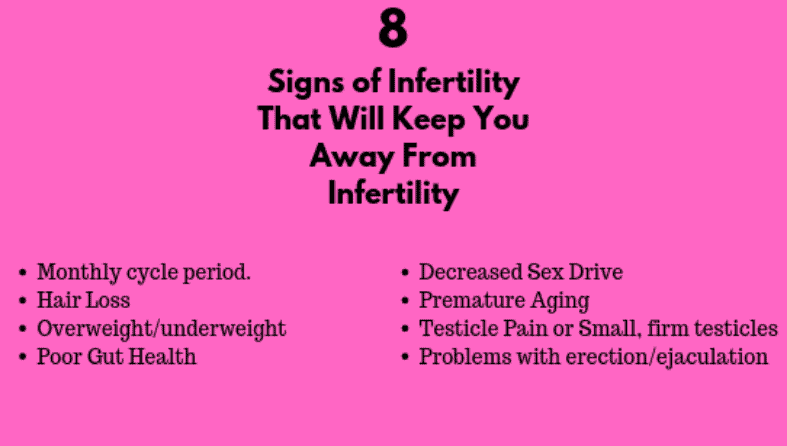Genetic Factors in Infertility: Facts and Myths
Infertility
When I was asked to go for genetic testing, I was shaken and scared. I was sure that my infertility case that escalated to panic mode to ‘ab kuch nahi ho sakta’ mode. However, now in the hindsight, I realize that it was actually a crucial learning to pivot my infertility treatment and in the right direction. So, don’t overthink if you have been asked for a genetic testing but yes also don’t jump into it without understanding whether it is needed for you or you may be just wasting money throwing darts in the dark.
Have you ever wondered if the answer to your fertility struggles might be hidden in your DNA. Genetics plays a significant role in fertility than most of us realize, influencing everything from egg and sperm quality to the risk of miscarriage. This blog is your guide to uncovering the hidden genetic factors that could be affecting your fertility—and how modern genetic testing could turn the tide in your favor.
Curious? You should be. We’re about to dive into the myths and facts surrounding genetic causes of infertility, explore the different types of genetic tests available, and reveal how these tests can dramatically increase your chances of a successful pregnancy, especially through IVF. Whether you’ve faced repeated miscarriages, unexplained infertility, or multiple IVF failures, understanding the role of genetics could be the game-changer you’ve been searching for.
Facts and Myths about Genetic Factors in Infertility
Myth: Genetic factors only affect women’s fertility.
Fact: Genetics can impact fertility in both men and women. For instance, chromosomal abnormalities like Klinefelter syndrome in men can lead to infertility. Similarly, conditions like Turner syndrome in women can cause premature ovarian failure. Genetics doesn’t discriminate by gender when it comes to fertility challenges.
Myth: If no one in your family has fertility issues, your problems aren’t genetic.
Fact: Many genetic conditions that affect fertility are due to spontaneous mutations, meaning they can occur even if there is no family history of infertility. For example, mutations in the CFTR gene, responsible for cystic fibrosis, can also cause congenital absence of the vas deferens in men, leading to infertility.
Myth: Genetic testing is only necessary for couples with known genetic disorders.
Fact: Genetic testing can benefit a wide range of couples, including those who have experienced recurrent miscarriages, multiple failed IVF cycles, or are older, as age can increase the risk of chromosomal abnormalities.
Types of Genetic Testing in Fertility Treatment
Here’s a quick overview:
- Carrier Screening: This test identifies if you carry a gene for a hereditary condition that could be passed on to your child. It’s especially crucial for conditions like cystic fibrosis or sickle cell anemia. Costs for carrier screening typically range from ₹10,000 to ₹20,000.
- Preimplantation Genetic Testing (PGT): PGT is performed on embryos created through IVF to check for chromosomal abnormalities before implantation. This helps in selecting the healthiest embryos, which can significantly improve the chances of a successful pregnancy. The cost of PGT can range from ₹75,000 to ₹1,50,000, depending on the complexity.
- Karyotyping: This test examines the size, shape, and number of chromosomes. Abnormalities in chromosomes can lead to infertility, recurrent miscarriages, or genetic disorders in offspring. Karyotyping usually costs between ₹8,000 to ₹15,000.
- Y Chromosome Microdeletion Testing: This is specific for men, as microdeletions in the Y chromosome can cause male infertility. Identifying these can help in understanding the cause and determining the appropriate treatment. The cost ranges from ₹7,000 to ₹12,000.
The Role of Genetic Testing in IVF Success
Genetic testing, particularly PGT, plays a crucial role in IVF success rates. By screening embryos for chromosomal abnormalities before implantation, the likelihood of miscarriage is reduced, and the chances of a successful pregnancy increase. For couples who have experienced recurrent IVF failures or miscarriages, genetic testing can provide invaluable insights and hope.
Consider the story of Anjali and Rohan (names changed for privacy). After three heartbreaking miscarriages, they were advised to undergo genetic testing. The tests revealed a chromosomal abnormality in one of the partners. With this knowledge, their doctor recommended IVF with PGT. Today, they are proud parents of a healthy baby girl, a result of selecting a chromosomally normal embryo for transfer.
Who Should Consider Genetic Testing?
Genetic testing isn’t for everyone, but it can be a game-changer for specific couples, such as:
- Those who have experienced multiple IVF failures
- Older couples where the risk of chromosomal abnormalities increases with age
- Couples with a history of recurrent miscarriages
- Couples with a known history of genetic disorders
Success Stories of navigating Infertility with Genetic Testing
The future of fertility treatments is promising, with advancements in genetic testing leading the way. More couples are now able to understand the root causes of their infertility and take steps toward successful pregnancies. One such couple, Priya and Arjun, after years of failed treatments, turned to genetic testing. They discovered a hereditary condition that was affecting their fertility. With genetic counselling and IVF with PGT, they now have twin boys, born healthy and free from the condition that plagued their family.
Understanding the genetic factors behind infertility can be a powerful tool in overcoming it. Genetic testing offers hope to couples who have faced repeated disappointments and provides a clearer path forward. Whether it’s uncovering hidden genetic conditions or selecting the healthiest embryos for IVF, genetic testing is revolutionizing the way we approach infertility.
If you or someone you know is struggling with infertility and considering genetic testing, don’t hesitate to seek professional guidance.
At Fertility Dost, we offer free support with infertility treatment understanding & management. Click here to book your session today.
References:
- National Institute of Health (NIH) – Genetics and Infertility: Overview.
- American Society for Reproductive Medicine (ASRM) – The Role of Genetic Testing in Fertility.
- Centers for Disease Control and Prevention (CDC) – Facts on Infertility and Genetic Disorders.
This blog aims to empower you with knowledge, encourage you to explore all your options, and most importantly, remind you that you’re not alone on this journey.






Your Comment Is Valuable For Us
Thanks For Your Feedback.